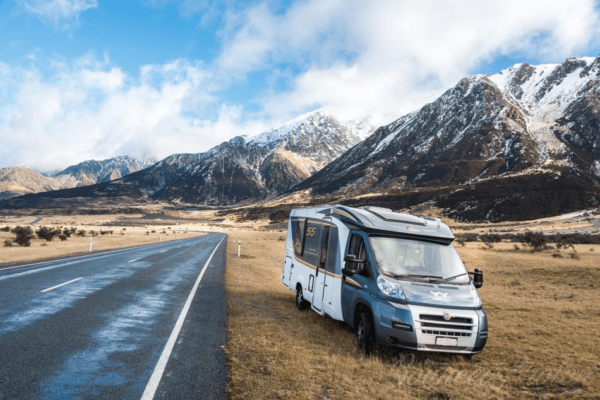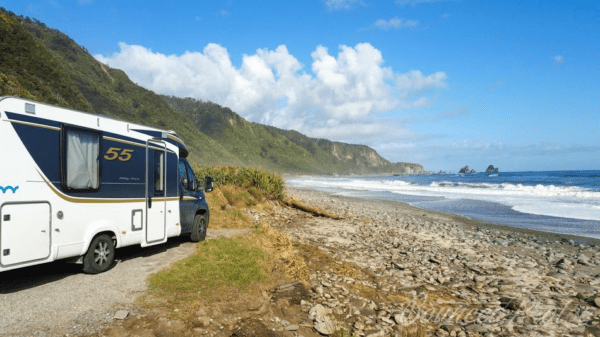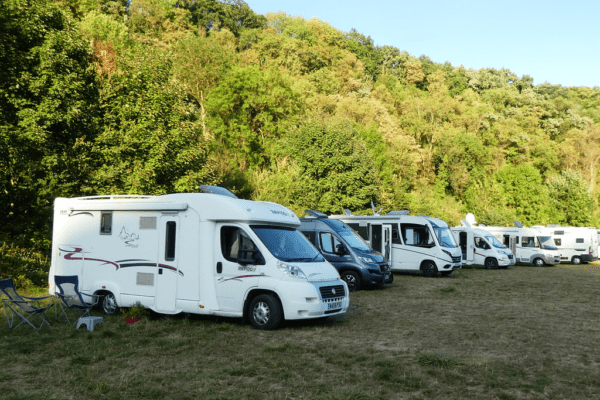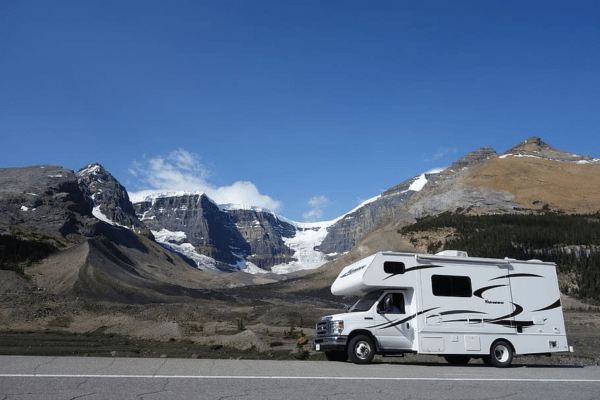
The Ultimate Guide to Navigating Motorhome Travel in National Parks

Traveling the open road in a motorhome is an appealing idea for many adventurers. The wind in your hair, the scenic byways and national parks to explore, the freedom to stop and stay anywhere you wish – it’s the epitome of the grand American road trip. However, traversing through national parks with a motorhome requires planning, knowledge, and a touch of finesse, and if you decide you can even do a nova scotia rv trip as this is a great place to visit. This comprehensive guide will steer you in the right direction.
Defining Motorhome Travel
Motorhome travel, also commonly referred to as RVing, involves the use of a recreational vehicle (RV) or motorhome for traveling and camping. Outdoors RV like these outdoor travel trailers for sale builds true off-road, off-grid, all season trailers and 5th wheels for customers who desire to enjoy the outdoors, no matter the terrain or weather. These vehicles are essentially mobile homes, equipped with living quarters and amenities. However, when not in use, they are advised to be kept in an outdoor RV storage unit at a nearby rv storage facility.
But what motorhome length is right for you? They range from basic sleeping arrangements to luxurious features such as kitchens, bathrooms, and even entertainment systems. The Motorhomes provide a unique way to explore, allowing travelers to bring the comforts of home with them on the open road.
Why Choose National Parks for Motorhome Travel

National parks are the crowning jewels of a country’s natural heritage. They offer awe-inspiring landscapes, diverse ecosystems, and countless opportunities for outdoor activities. Motorhome travel in these areas provides several advantages:
Immersion in Nature
National parks are a gateway to nature’s splendor, offering stunning views, diverse flora and fauna, and a tranquil escape from city life. With a motorhome, you have the flexibility to wake up to a new picturesque view every day.
Convenience
National parks usually offer designated campgrounds with amenities like hookups for water, sewer, and electricity, and dump stations, making it convenient for motorhome travelers.
Cost-Effective
Compared to staying in hotels, motorhome travel can be a more affordable option, especially for extended trips. Additionally, cooking meals in the motorhome can significantly cut down on dining expenses.
Essential Tips for Motorhome Travel in National Parks
Travelling in a motorhome through national parks, while exciting, requires a level of preparation and knowledge. Here are some essential tips to consider:
Research Park Regulations
Every national park has its set of rules and regulations for motorhomes. These rules can pertain to the maximum length of RVs permitted, where and when you can park, and usage of generator, among other things. Prior knowledge of these rules will help ensure a hassle-free trip.
Plan Your Route and Stops
With their winding roads and tight turns, national parks can be challenging to navigate in a motorhome. Planning your route in advance, keeping in mind the size of your vehicle and road conditions, can prevent unwelcome surprises. Also, identify places to stop, rest, and camp.
Practice Responsible Travel
Preserve the natural beauty of the parks by adhering to the principles of Leave No Trace. This includes proper waste disposal, respecting wildlife, and minimizing campfire impacts.
Be Prepared for Emergencies
Equip your motorhome with essential tools for emergencies, you can find some pretty useful accessories by visiting the Hitch Corner website. These may include a first-aid kit, spare tires, extra food and water, maps, and a tool kit. Familiarize yourself with basic motorhome troubleshooting to handle minor issues.
Optimizing Your Motorhome Experience in National Parks

While motorhome travel in national parks can be an absolute delight, optimizing this experience requires some forethought. Here are some tips to enhance your journey:
Make Reservations in Advance
Campgrounds in popular national parks can fill up quickly, particularly during peak seasons. Making reservations well in advance will secure your spot and ease your travel planning.
Pack Wisely
Space is at a premium in a motorhome. Prioritize your essentials and pack wisely. Consider the weather, park activities, and your comfort needs. Remember to include outdoor gear, comfortable clothing, food and cooking supplies, and any entertainment necessities for rainy days.
Utilize Technology
Leverage technology to your advantage. Mobile apps and websites like AllStays and Campendium provide information on campgrounds, including reviews, photos, and reservation details. GPS navigation apps can guide your route, and offline maps can be handy in areas with weak cellular reception.
Make the Journey the Destination
Often, the drive itself can be as beautiful as the destination. Rather than rushing from point A to B, consider slowing down and savoring the journey. Take breaks, capture photos, and create unforgettable memories along the way.
Practical Challenges of Motorhome Travel in National Parks

Despite the many perks, motorhome travel in national parks does come with a few challenges:
Size Restrictions
Many national parks have restrictions on the size of vehicles allowed. These limits can affect where you can drive and park within the park. It’s essential to check these restrictions in advance.
Limited Amenities
While some campgrounds offer full hookups for water, sewer, and electricity, many do not. You may have to manage your water usage or rely on UPS battery power or a generator.
Weather Conditions
Weather in national parks can be unpredictable and change rapidly. You may encounter anything from scorching heat to freezing temperatures, even within a single day.
Conclusion
While motorhome travel in national parks comes with its unique challenges, the rewards of immersing in nature, waking up to stunning views, and creating a home wherever you park, far outweigh them. With careful planning, an understanding of park regulations, and a respect for nature, this form of travel can provide a memorable and enriching experience.
Enjoy the journey, the destination, and the freedom that comes with your motorhome.
Written by Peter Yordanov














































